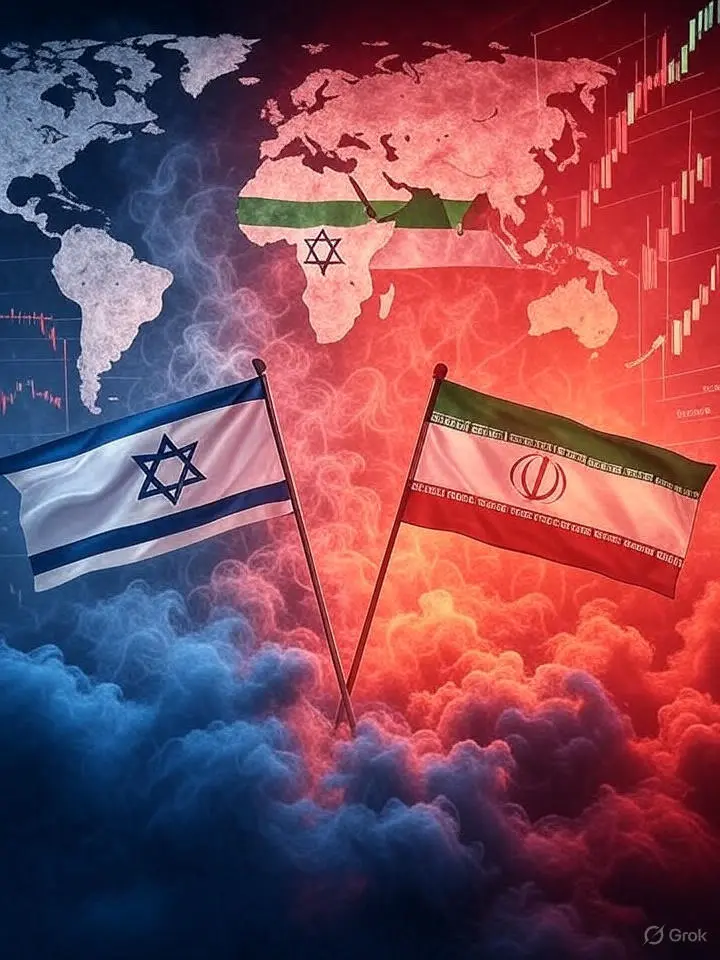You can find the beginning of the story about super traders here:
Super Traders (Introduction)
Super Traders do not look like one another. Another example – Kif. Keefe doesn't do that, what is dave doing, maybe sometimes, certainly, but, mostly he has his own games. It works almost exclusively with Market Close Orders..
At the end of the trading day, situations arise in high volume stocks, when large buyers or sellers were unable to complete daily orders. Twenty minutes before market close, they, according to the rules of the exchange, place a public order to buy or sell large packages, which can be hundreds of thousands, or even millions Shares. This order is executed in the last seconds of the market and is included in the final exchange trades., often causing little additional movement towards the order. According to the rules, such orders go to news for specific promotions, and traders can see it.
Such players, like Keefe, open their large positions on the side of large orders, buying, for example, stock, to sell them at the very last moment. Shares, where this happens regularly, quite a bit of, and traders have the opportunity to keep statistics of such transactions. The game makes sense only when using special orders to close positions. Warrant such, if it is delivered, can not be canceled, it will be executed at the very end at a price, which will be at that moment. Another danger is, that the originator of the original Close Order within 10 minutes, his order can be canceled and then, often, the whole game for traders loses its meaning and threatens with losses.
See also, although not often, what a system failure leads to, that traders are left with huge positions the next day. In these cases, any, even the smallest movement against them threatens with large losses, positions are huge. It is interesting to watch such a game from the side. In a cell, denoting gains or losses jumps occur, better than English stepplechase *. As positions are closed, numbers jump from huge profits, before losses, at the sight of which any average trader will jaw. The end result is clear only when fully closed.. Keefe works with huge sums – Millions. Understandably, that not everyone has such an opportunity, only a few. I was riding with Keefe in an elevator once. “well, How is it going, Kif?” – Ask. “Badly” – He speaks, “потерял деньги”. “Yes” – Say, “the market was tough”. “What market?!” – he says, “I made mistakes myself and paid for it”. Here it is, the opinion of a real trader! But Keefe wouldn't be a multimillionaire, if he was wrong so often.
This short answer from Keefe illustrates the true state of affairs.. The main enemy of the trader is not the market, not other players, not bosses, not a lack of capital. The main enemy – he himself. Considered, that the market is driven by fear, pain and greed. But that's just the tip of the iceberg.. In everyone, without exception, trader has its own set of negative character traits, interfering with successful work. Study Yourself, defeat yourself, and you are one step away from the super trader. But it can be a step across a huge abyss and only a few are given a firm step to the other side.. For example, there is a clear line between stubbornness and tenacity. A stubborn trader with the persistence of a maniac commits the same mistakes, everytime, vowing not to do them, but the next day, repeating over and over again. He stubbornly holds positions against him, until the risk manager puts him under personal control and starts pulling each time, when a trader goes into a negative. Stubbornness breeds an instinct for hope. Hopes for that, that everything will suddenly turn in your direction and turn out to be, that you were right. And from minus to plus. And there is no place for hope in trading. Hope spreads like a fog over the monitor screens and hides an objective vision of the market.. The stubborn trader, against, forms the flexibility of strategies and techniques. He doesn't go against the tide, and with the perseverance of a skilled pilot tries to sail on it, whatever whirlpools seethe nearby. He tries hard to understand underwater processes., shaping this current, trying to keep calm, even being covered by a storm surge. Inevitable losses cannot be sustained without perseverance., without which you cannot become a good trader.
Another character trait, hindering traders, – high conceit. It has little to do with self-belief.. Self-conceit is inherent, usually, most newcomers. I sat next to my boss Tony for a long time, where I, partly studied. Tony periodically interviewed someone, willing to work in a group. He did it, without being distracted from work. Came as experienced traders, so are newbies. Experienced, usually, talked about the case, questions were asked on the merits. Listening to, what newbies say, I often could hardly hold back my laughter. They asked questions like: “And they will let me do it, and here's the thing +?”. “Can I trade like this, a kind of +?”. This could often be interpreted as: “They'll let me work like Dave, Kif?”. Tony tried to keep his mark: “Yes, certainly, just learn a little bit”. remember, one boy, past microbiologist, looked at one of my screens and saw quotes from pharmaceutical companies. The market was going down. “well”, he says, pointing to one of the symbols, “these will not go down, they have good patents”. I mentally shuddered with laughter. What patents?! I bought here, sold in a minute, and the price is dancing up like crazy. Such conversations are typical for beginners.. Initial naivety says nothing about trading ability. I felt on myself, how the vision of the market changes when moving from an amateur to a professional environment. Almost any trader, with a little work, assesses himself of the past as a naive simpleton.

